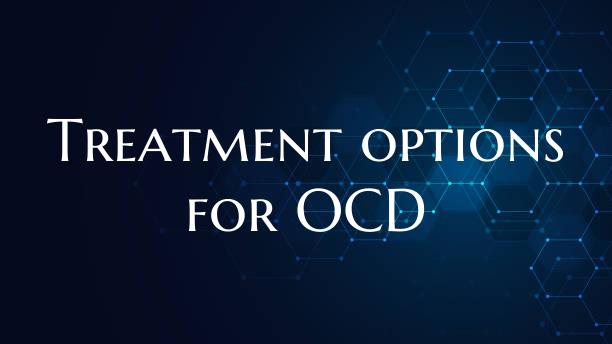
Treatment options for OCD
Obsessive-Compulsive Disorder (OCD) is a mental health condition characterized by intrusive, unwanted thoughts (obsessions) and repetitive behaviors or mental acts (compulsions) that an individual feels driven to perform. Fortunately, there are several effective treatment options available to help individuals manage their symptoms and improve their quality of life. Here are some of the most commonly recommended treatment approaches for OCD:
1. Cognitive-Behavioral Therapy (CBT): CBT is considered the gold standard in OCD treatment. Specifically, Exposure and Response Prevention (ERP) is a type of CBT that involves gradually exposing the individual to their fears or triggers while helping them resist engaging in compulsive behaviors. Over time, ERP can help individuals learn to tolerate their anxiety and reduce the frequency and intensity of their symptoms.
2. Medication: In some cases, healthcare providers may prescribe medications such as selective serotonin reuptake inhibitors (SSRIs) or tricyclic antidepressants to help manage OCD symptoms. These medications can be particularly beneficial when used in conjunction with therapy.
3. Mindfulness and Relaxation Techniques: Mindfulness practices, such as meditation and deep breathing exercises, can help individuals with OCD manage their stress and anxiety levels. By increasing awareness of their thoughts and emotions, individuals can learn to respond to obsessions and compulsions in a more adaptable way.
4. Lifestyle Changes: Engaging in regular physical exercise, maintaining a healthy diet, and getting an adequate amount of sleep can all contribute to better mental health outcomes for individuals with OCD. Additionally, reducing stress through activities like yoga or hobbies can also be beneficial.
5. Support Groups: Connecting with others who have OCD can provide valuable support and encouragement. Support groups offer a safe space for individuals to share their experiences, learn coping strategies, and feel less isolated in their struggles.
It's important for individuals with OCD to work closely with mental health professionals to determine the most appropriate treatment plan for their needs. By exploring a combination of therapy, medication, lifestyle changes, and support resources, individuals can effectively manage their symptoms and work towards improved mental well-being. Remember, seeking help is a crucial step towards regaining control over OCD and living a fulfilling life.